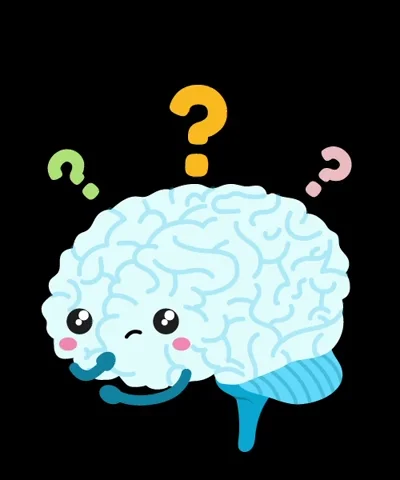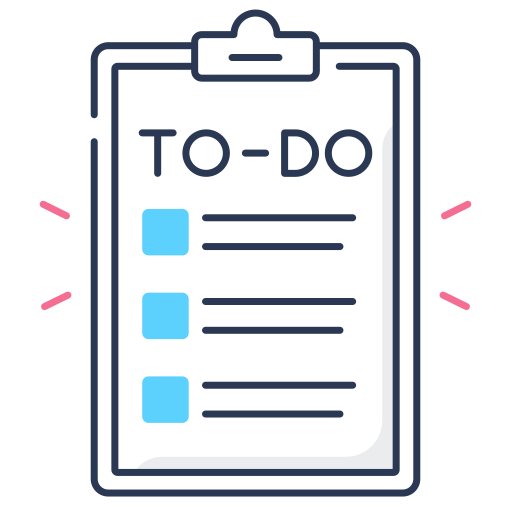
This logo isn't an ad or affiliate link. It's an organization that shares in our mission, and empowered the authors to share their insights in Byte form.
Rumie vets Bytes for compliance with our
Standards.
The organization is responsible for the completeness and reliability of the content.
Learn more
about how Rumie works with partners.
Do you often wonder why people do what they do? Are you interested in TV shows, movies, or books about human behavior?
If so, you might want to consider a career in behavioral psychology.
Behavioral psychologists play an important role in our society, as they provide important insight into how and why people behave the way they do.

What does a behavioral psychologist do?
Behavioral psychologists work with clients to understand their behavior and establish a plan to change it.
How do they do this? By following these steps:
Observing or interviewing the client
Developing a treatment plan
Communicating the treatment plan to the client and their support system
Holding therapy sessions to support the client
Evaluating the effectiveness of the treatment plan and making necessary adjustments

Where does a behavioral psychologist work?

A behavioral psychologist can work in lots of different places.
Conducting research or teaching at a university
Engaging with children in private practice or schools
Counseling people with addictions or mental health issues
Partnering with companies to understand consumer behavior
Working in government agencies, jails, or law enforcement
Who is right for this career?

To be a behavioral psychologist, you should enjoy:
Reading and studying research articles
Working with your peers to solve challenges
Leading conversations about people's personal lives
Making decisions about how best to fix a problem or resolve an issue
Evaluating people's behaviors and actions
Quiz
Who might be a good fit as a behavioral psychologist? Select all that apply:
Behavioral psychologists focus their careers on helping people, and their field requires lots of studying
How do I get the job?
You have to start by getting the correct education and credentials.
Earn a doctoral degree in behavioral psychology
Complete a post-doctoral internship to earn hours for licensure
Apply for licensure (requirements depend on location)
Pass the Examination for Professional Practice in Psychology

Once you have the credentials, decide what area of behavioral psychology you want to pursue. Seek out internships or entry-level positions to gain experience.
Take Action

If behavioral psychology sounds like a good career for you, here are some next steps:
This Byte has been authored by
Amanda Fiedler
Teacher
MA
